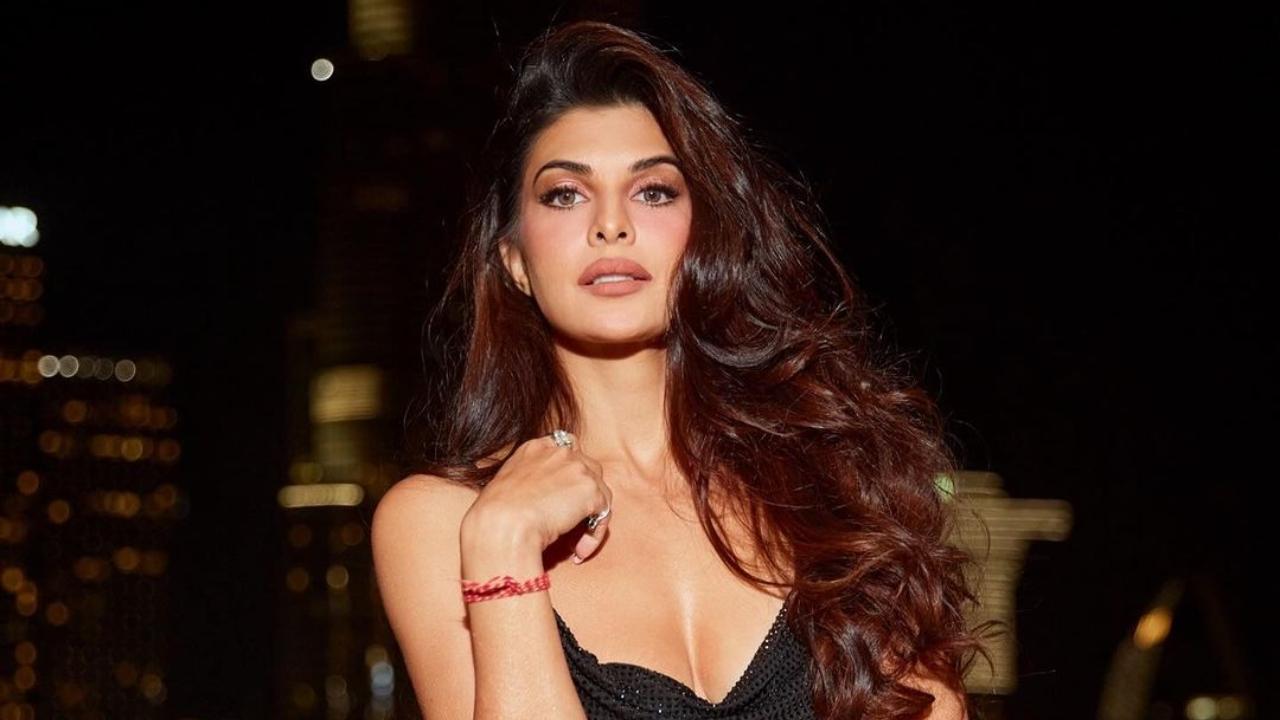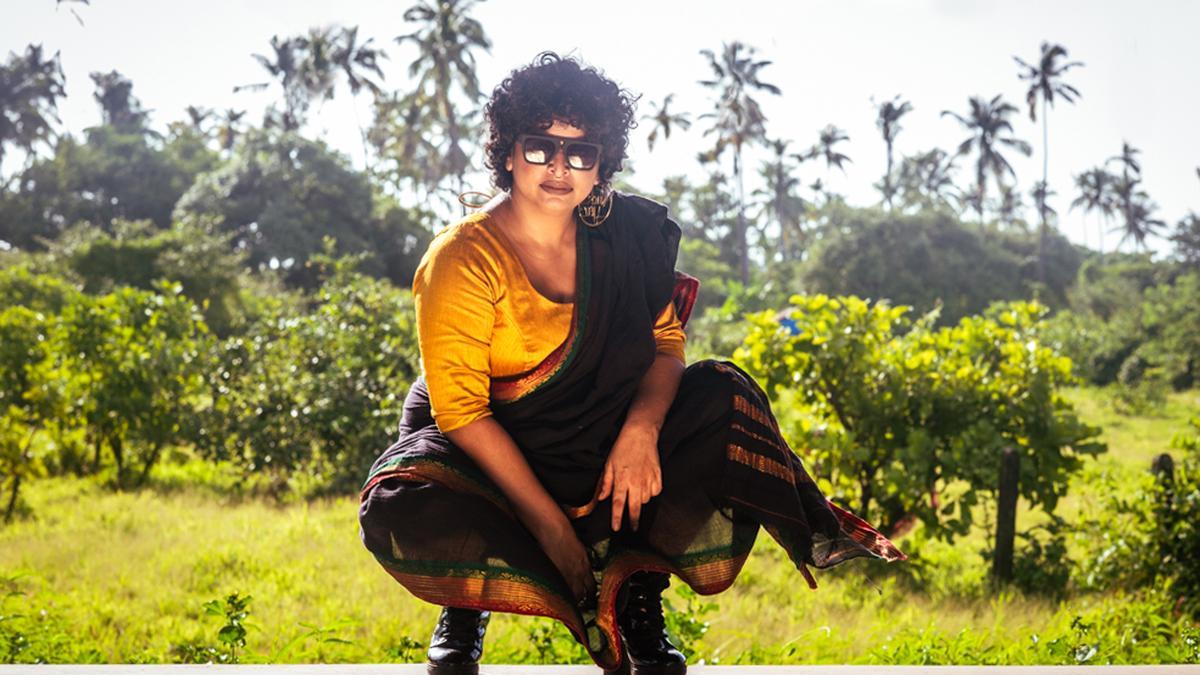
If one were to examine the landscape of popular Hindi cinema, it would become evident that stories featuring Dalits and their struggles are lamentably few and far between. This is why the release of an action-packed flick like ‘Vedaa’ is both significant and refreshing—it daringly interweaves the brutal reality of caste-based violence with the grit and adrenaline of a mainstream action thriller.
In the heart of rural India, where caste lines are deeply entrenched, Vedaa Bairwa (played by Sharvari) emerges as a beacon of defiance. A passionate law student belonging to the Dalit community, Vedaa aspires to rise above her social standing by joining the boxing club at her college. Yet, in defiance of her aspirations, the self-proclaimed custodians of social order deem her fit only for menial tasks like cleaning the floors for her upper-caste peers. Vedaa’s journey takes a hopeful turn when she finds an unexpected ally in Abhimanyu (John Abraham), an ex-Army officer turned boxing coach who is haunted by his past and nursing a personal tragedy. Abhimanyu has returned to his spouse’s village, seeking refuge in the simplicity of rural life and providing guidance to local youth through the sport of boxing.
The setting of ‘Vedaa’ is a hotbed of patriarchy, where politicians present a facade of progressivism as long as it doesn’t disturb the established caste hierarchy. The protagonists, Vedaa and Abhimanyu, quickly find themselves at odds with Jitendra Pratap Singh (Abhishek Banerjee), the influential head of the local caste panchayat. Jitendra, a father himself, often hides behind politically correct rhetoric, but living in a society abiding by atavistic traditions makes his liberal stance dubious. His father (Ashish Vidyarthi, delivering a chilling performance) remains doggedly loyal to age-old customs, while his younger brother embodies pure hooliganism, exercising his misguided authority with impunity.
The conflict ignites when Vedaa’s brother is discovered in a romantic relationship with an upper-caste girl, triggering Jitendra’s rage and resulting in chaotic consequences for everyone involved. Against this backdrop, Nikkhil Advani, known for his romantic cine magic, crafts a starkly different narrative—painting an unforgiving world where hope tries to cling to fragments of humanity.
Abhimanyu, the sullen war hero riding through a brooding landscape, projects a compelling image. Meanwhile, the vociferous Vedaa champions her constitutional rights, confronting adversaries with formidable resolve. The narrative is expected to unravel her path to justice.
Although Director Nikkhil Advani deftly portrays the harsh social environment, he wrestles with balancing profound social commentary and quintessential John Abraham-styled action.
. Aware of the audience’s expectations for an adrenaline-pumping experience akin to ‘The Transporter,’ Nikkhil fortifies the screenplay with hefty doses of action, peppered with dialogues advocating equality. However, the resulting mix is occasionally disjointed, creating an impression that Vedaa’s perilous journey alternates between frenetic action scenes and poignant moments of social awakening much like the ebb and flow of a complex video game.
The film’s disclaimer professes its inspiration from real-life stories, yet the script penned by Aseem Arora has been distinctly cooked in Bollywood’s high-drama furnace. Nonetheless, the performances are striking. John Abraham stands out, having perfected the art of the intense stare. His portrayal of Abhimanyu, taut and restrained, fits the character like a glove. A scene-stealer, Sharvari’s portrayal of Vedaa is commendable, although her role would have benefited from further physical transformation to underscore her boxing prowess.
The action choreography in ‘Vedaa’ is another highlight, delivering impressive sequences that capture the raw physicality of the sport and the intense stakes of their battle. Yet, the audience might be left yearning for a greater resolution to the overarching social conflict. The film’s structure often delays the transformative moments expected from John Abraham’s character, leaving viewers on the edge for a little too long. By the end, the previously silent protagonist turns to quoting from the Mahabharata, adding layers to his silent but potent rebellion.
In trying to seamlessly blend social advocacy with mainstream thrill, the film occasionally falters, giving off the impression that the serious issue of caste oppression is sometimes overshadowed by typical masala elements. The filmmakers appear cautious, ensuring Abhimanyu never fully eclipses Vedaa, trying to strike a balance that unfortunately hampers the film’s flow. The project might have lost some of its initial rigor during interactions with the Censor Board, revealing a dichotomy within the creators who, like their characters, hover between tradition and progressivism.
In theaters now, ‘Vedaa’ challenges Bollywood norms and reminds audiences of the enduring struggle against caste-based injustice. It is a bold, albeit complicated, foray into blending socially-conscious narratives with commercial cinema’s pulsating action.
Vedaa is currently running in theatres.










